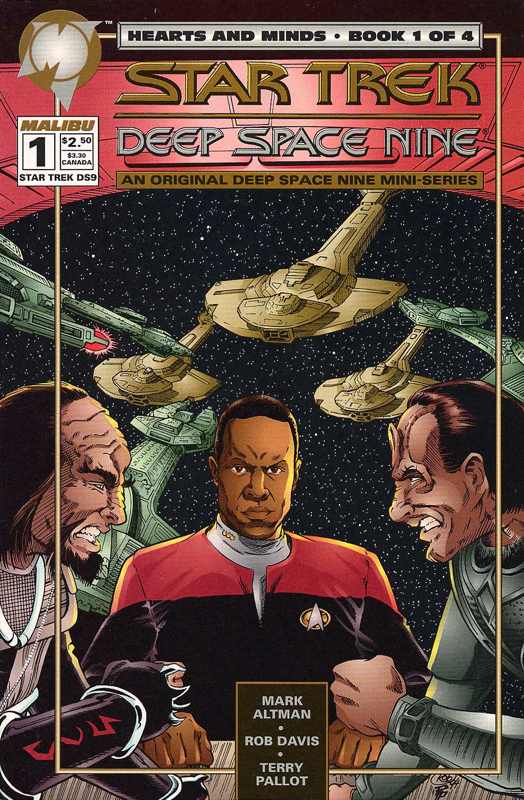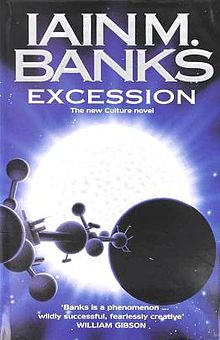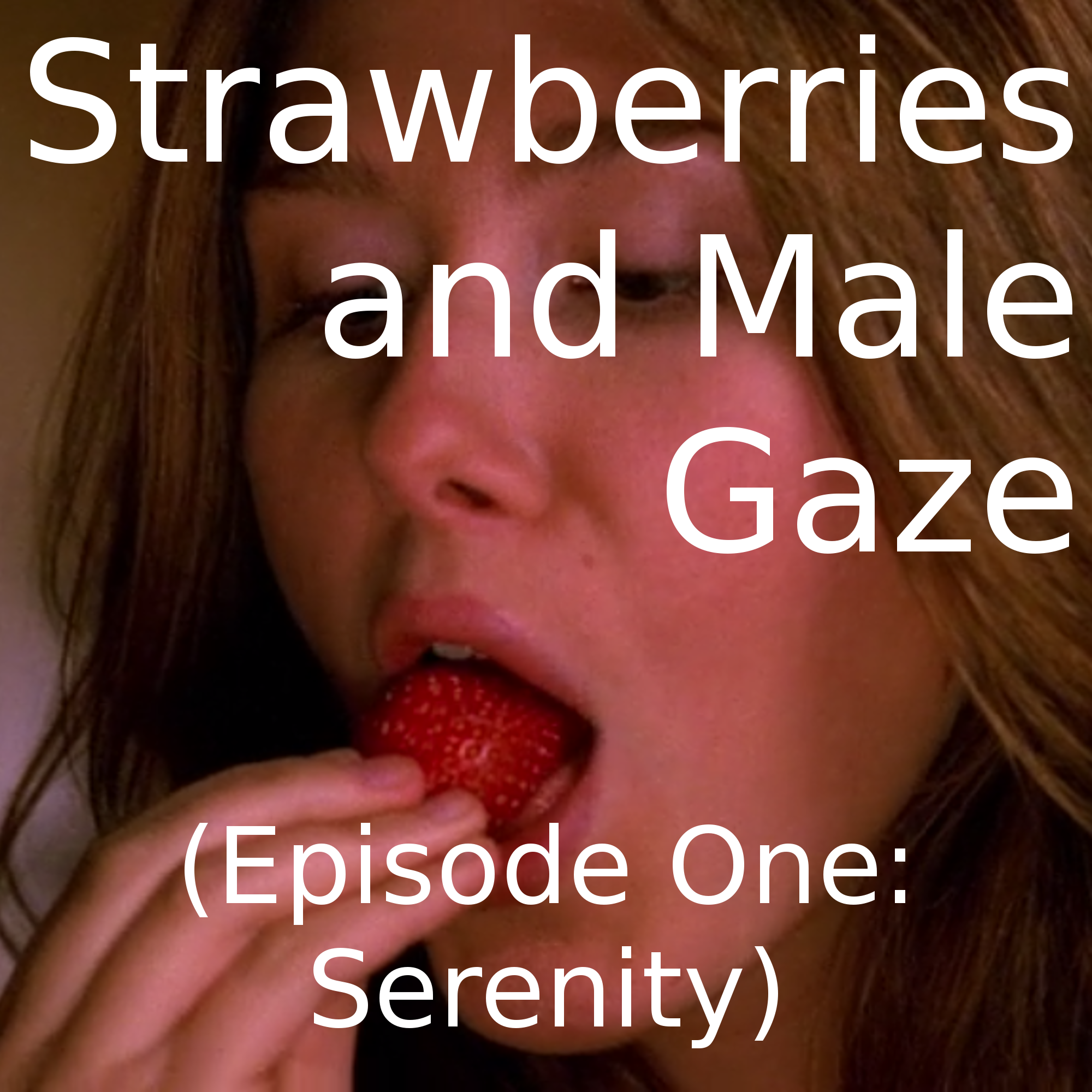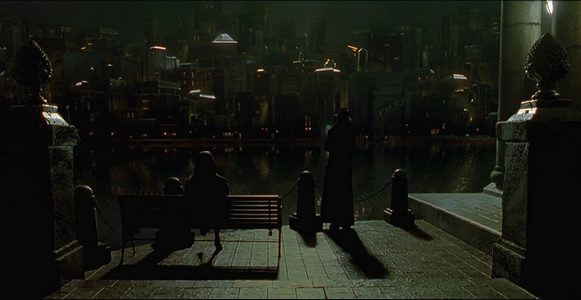For Tonight We Might Die & The Coach With The Dragon Tattoo
Right, so apparently we’re doing these by a margin of $3 on the Patreon. Cool. Thank you all for your support, and if you enjoy the reviews please consider supporting Eruditorum Press.
When I was waxing rhapsodically about Mr. Robot a few weeks ago I praised it for being a show that didn’t feel done revealing its range. By that standard at least, Class is a rousing success. The downside of this is that it also doesn’t quite feel like it knows what it wants to be, but that’s not inherently a bad thing for a show about teenagers. It’s smart and full of ideas, at least, and if these first two episodes don’t contain any moments of outright genius they at least clearly belong to a show that could deliver some.
It’s also a show that’s acutely aware of the expectations that are going to be put on it. Its opening gag is a Bechdel test joke, it namechecks Buffy with aplomb, it’s got the obligatory Peter Capaldi sequences, it’s given ostentatious levels of thought to its notions of diversity, and there’s almost a conscious sense of “OK, what’s the exact halfway point between Torchwood and The Sarah Jane Adventures?” In the first episode this all gets a bit oppressive, and the show can fairly be accused of trying too hard, but even there it’s got some real charm.
The second episode, meanwhile… I mean, there’s just so much potential in that cut from a Hannibal pastiche to the (one fears over-)aggressively youth-friendly credit sequence. And the episode mostly aims to pay that off. Its denouement is genuinely ballsy, underplaying the way in which it subverts a genre standard into something much smarter about masculinity and abuse. And this is typical of the comparison. Where the first episode seems at pains to make sure it lampshades all the moments where it’s being derivative and struts at all the moments where it’s not, the second is much smarter about what it overplays and underplays. The moment where it kills Mr. Armitage does some varied heavy-lifting, both from Buffy and in terms of ostentatiously establishing the show’s “anything can happen” cred. But what’s interesting is how the show revels in the transgressive glee of ripping apart the sympathetic headmaster inherited from the parent show but then undersells the degree to which doing so genuinely alters where things are going.
Which feeds into the most interesting card the show plays, Miss Quill. Like everything in it she’s cut from existing and well-defined cloth, but putting what we might describe as the “Moffatrix” trope in the Sarah Jane role is an inspired choice. She’s consistently the thing that most enlivens the first episode, at times managing to make even Greg Austin’s character (basically the Luke Smith role, only actually gay not Dumbledore gay) seem interesting. I don’t think Jack’s watching this, and he’s probably happier that way, but I admit that I wondered what he’d think of the ex-revolutionary who openly and not without reason accuses her situation of being slavery.…

 Meaning, as distinct from information, is an entirely human creation. It does not exist ‘out there’. It is an emergent property of human existence, of animals which have consciousness, which is itself a system of reflections of reflections. The essence of conscious human awareness is the experience of looking at something or someone, and knowing that you are looking at them, and thus looking at your own looking. It is the awareness of a hall of mirrors inside your head. And then one becomes aware of the returned look of the other, and the implied hall of mirrors inside their heads. And then one imagines their mirrors mirroring your mirrors. Their infinite regression amplifies your own. And it is this multiplicity of reflections, and of reflections of reflections, that ignites the quest for meaning.
Meaning, as distinct from information, is an entirely human creation. It does not exist ‘out there’. It is an emergent property of human existence, of animals which have consciousness, which is itself a system of reflections of reflections. The essence of conscious human awareness is the experience of looking at something or someone, and knowing that you are looking at them, and thus looking at your own looking. It is the awareness of a hall of mirrors inside your head. And then one becomes aware of the returned look of the other, and the implied hall of mirrors inside their heads. And then one imagines their mirrors mirroring your mirrors. Their infinite regression amplifies your own. And it is this multiplicity of reflections, and of reflections of reflections, that ignites the quest for meaning. 
 We’re pleased to announce a new episode of Pex Lives. The description follows:
We’re pleased to announce a new episode of Pex Lives. The description follows: Reflecting on the fact that his last book was going to turn out to be the relatively slender and small-scale
Reflecting on the fact that his last book was going to turn out to be the relatively slender and small-scale  ed me off of the Firefly podcast, mostly because listening to me kvetch about sci-fi westerns and the American Confederacy is way more fun for me than for her, but thankfully for all listeners she’s replaced me with the wonderful Jessica from
ed me off of the Firefly podcast, mostly because listening to me kvetch about sci-fi westerns and the American Confederacy is way more fun for me than for her, but thankfully for all listeners she’s replaced me with the wonderful Jessica from  I am not a huge Bob Dylan fan. Was into him for a couple months in high school/college when I was in a big folk music phase, but I liked folk music for being melodious and pretty, and that tended to mean that I preferred Dylan when someone like Peter, Paul, and Mary were singing him. Still, for the most part I’m even less of a fan of the arguments against him winning the Nobel Prize for literature, which tend to fall into two camps, both fairly appalling. The first is the outright snobbery, whether in its hilariously cliche form of “but what about Philip Roth” or in its more jocular but still fundamentally wrong-headed “does this mean X can win a Grammy?” My distaste for this position isn’t going to surprise anyone. Indeed, I consider it actively evil, albeit in a smoldering, unremarkable sense as opposed to something pernicious and large-scale like, say, Donald Trump.
I am not a huge Bob Dylan fan. Was into him for a couple months in high school/college when I was in a big folk music phase, but I liked folk music for being melodious and pretty, and that tended to mean that I preferred Dylan when someone like Peter, Paul, and Mary were singing him. Still, for the most part I’m even less of a fan of the arguments against him winning the Nobel Prize for literature, which tend to fall into two camps, both fairly appalling. The first is the outright snobbery, whether in its hilariously cliche form of “but what about Philip Roth” or in its more jocular but still fundamentally wrong-headed “does this mean X can win a Grammy?” My distaste for this position isn’t going to surprise anyone. Indeed, I consider it actively evil, albeit in a smoldering, unremarkable sense as opposed to something pernicious and large-scale like, say, Donald Trump.  Shabcast time again. Listen and/or download
Shabcast time again. Listen and/or download